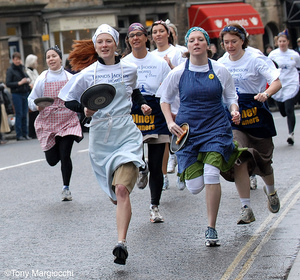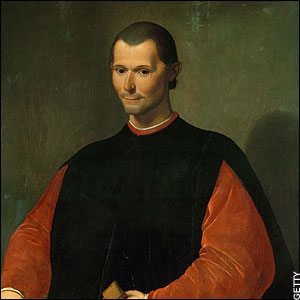
As of May 1, American Airlines will charge $8 to customers who want to use a blanket and pillow. JetBlue and US Airways already charge for them. This is only the latest example of a nickel-and-diming trend that has been going on for at least a decade. Passengers can also expect to be nicked for checked baggage, food, and drinks.
It’s also terrible PR. An unscientific CNN.com poll shows that 96 percent of passengers are unwilling to pay. More than that probably also harbor some resentment against the offending airlines.
Given how much customers resent extra charges, it is a mystery to me why airlines have so many of them. Why don’t they just include those expenses in their ticket prices? People don’t mind paying once. But if they have to take out their wallet a second or a third time, they often get angry. This anger is completely avoidable. Just put those extra nickels and dimes in the initial ticket price.
There has to be a reason why airlines so readily incur their customers’ wrath. My theory is that airlines think the nickel-and-dime approach can lower total costs. If people stick to carry-ons to avoid a checked baggage fee, that saves the airline some money. If they set the fees right, they’ll save more in labor costs than the forego in baggage fees.
Maybe they’re thinking the same theory applies to pillows and blankets. They’re on every seat in every flight. But most people don’t even use them. I rarely do. Seems like a waste of resources, doesn’t it? By only giving blankets to people who want them enough to pay for them, the airline has to buy fewer sets of pillows and blankets. It also has to clean fewer of them. If they’ve calculated correctly, this will result in a net savings. That means lower fares. And hopefully, more business.
I have no idea if this theory is correct. But it does make some sense.
But the fact remains that people are transaction-averse. Southwest Airlines has had great success with its concsious business strategy of keeping its nickel-and-diming to a minimum. While I personally prefer the Southwest approach, there seems to be room for both business models in the market. Time will tell if one eventually proves superior in giving people what they want. Even if it involves much grumbling, cursing, and reaching for wallets.











